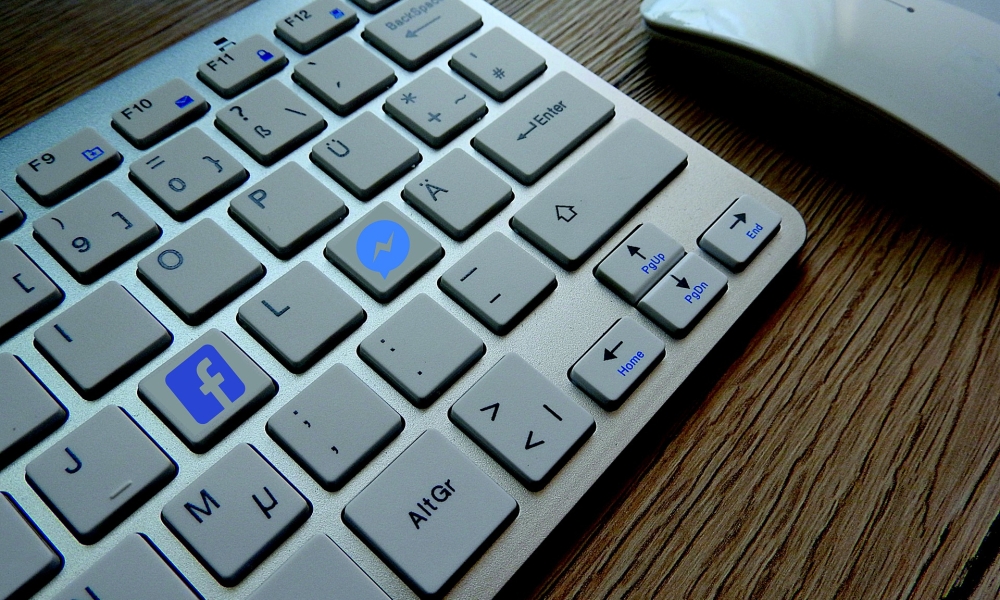This paper seeks to demonstrate one of the mechanisms which add to the believability of fake news: fluency via prior exposure. The study uses actual fake news headlines as shown on Facebook to show how even a single exposure to fake news increases subsequent perceptions of accuracy, within the same session and after a week.
Highlights:
- The study finds that the "illusory truth effect" for fake news headlines occurs despite a low level of overall believability.
- The results suggest that social media platforms help foster belief in false news stories. Measures like tagging such stories as disputed are not an effective solution.
- The findings indicate that it only requires a small degree of plausibility to increase perceived accuracy. This shows that the scope and impact of repetition on beliefs is greater than previously assumed.
- On the flip side, repetition does not impact the accuracy judgements of totally implausible stories.

